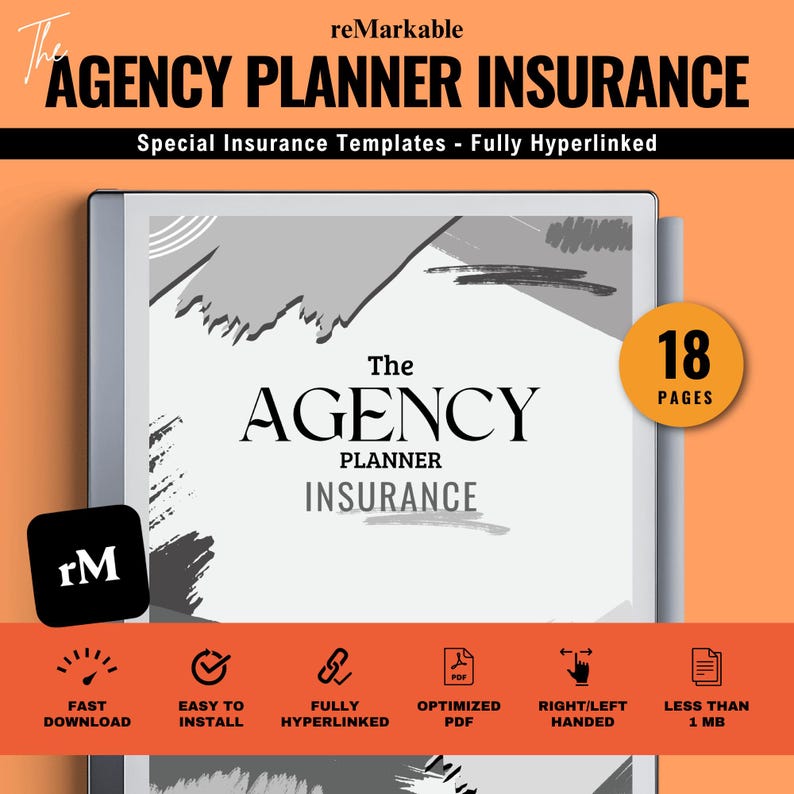When it comes to installing critical systems—whether it’s electrical wiring, HVAC units, or security alarms—licensed installers carry a heavy responsibility. It’s not just about getting the job done right; it’s about protecting lives, property, and their own hard-earned reputation. Yet, amid tight deadlines and budget pressures, some may be tempted to overlook the insurance rules that are designed to safeguard everyone involved. But here’s the truth: these insurance regulations aren’t just bureaucratic red tape—they’re lifelines. Skipping them can lead to devastating financial losses, legal nightmares, and even endanger the very people these professionals strive to protect. In this article, we’ll dive deep into why licensed installers simply can’t afford to ignore these insurance mandates—and how following them can actually be the key to long-term success and peace of mind.
Table of Contents
- Understanding the Hidden Risks of Skipping Insurance Requirements
- How Insurance Protects Licensed Installers from Financial Devastation
- Real Stories That Show Why Every Installer Must Follow Insurance Rules
- Practical Steps to Ensure You’re Fully Covered Before Your Next Project
- To Conclude
Understanding the Hidden Risks of Skipping Insurance Requirements
Many installers underestimate the real consequences of ignoring mandatory insurance regulations, assuming it’s just bureaucratic red tape. However, the risks they face are far more severe. Without proper coverage, any unexpected accident or damage can lead to devastating financial loss, not to mention the potential legal repercussions that could ruin a hard-earned reputation. Imagine a job site mishap where injured parties seek compensation out of pocket—this nightmare becomes very real for those who skip their insurance. The hidden costs don’t stop at fines or legal fees; they extend to lost clients and endless stress, making every penny saved upfront pale in comparison to the long-term fallout.
Beyond the legal and financial pitfalls, skipping required insurance also jeopardizes trust between installers and their clients. Insurance isn’t just a mandate—it’s a promise of responsibility and professionalism. Clients want peace of mind knowing they’re protected against unforeseen issues, and licensed installers who fail to meet these expectations put their entire business at risk. This breakdown in trust can quickly escalate, leading to poor reviews, loss of referrals, and a diminished industry standing. In short, the invisible dangers hidden behind skipping insurance aren’t worth the gamble when your livelihood and integrity are on the line.
- Financial vulnerability: Exposure to costly claims without a safety net
- Legal consequences: Fines, lawsuits, and possible license revocation
- Reputation damage: Lost trust and client confidence, impacting future business
How Insurance Protects Licensed Installers from Financial Devastation
In the volatile world of installation services, even the smallest mistake can spiral into overwhelming financial consequences. Consider the unexpected: a faulty installation leads to property damage, a client slips during a site visit and files a lawsuit, or equipment malfunctions resulting in costly repairs. Without the safety net of proper insurance, licensed installers face the terrifying reality of paying out of pocket—potentially sweeping away years of savings and hard-earned reputation. Insurance transforms uncertainty into confidence, shielding professionals from devastating losses that could otherwise cripple their business and personal lives.
Understanding the breadth of coverage is crucial. Insurance doesn’t just cover physical repairs or legal fees; it also safeguards against income loss during recovery periods, protects tools and materials on-site, and ensures compliance with state regulations that keep businesses operational.
- Liability coverage: Protects against third-party claims.
- Workers’ compensation: Supports injured employees.
- Equipment insurance: Covers replacement or repair of essential tools.
- Business interruption: Offsets lost income during downtime.
This comprehensive armor ensures that licensed installers not only survive mishaps but emerge resilient, continuing to build trust with clients and partners alike.
Real Stories That Show Why Every Installer Must Follow Insurance Rules
Practical Steps to Ensure You’re Fully Covered Before Your Next Project
Before you step foot on any job site, take a moment to verify your insurance coverage to protect not only your business but also your peace of mind. Start by reviewing your current policies to ensure they comprehensively cover general liability, workers’ compensation, and equipment damage. It’s crucial to have certifications that meet state and local regulations—missing a single clause could leave you vulnerable to devastating financial penalties or lawsuits. Don’t just assume your insurance broker has your back; proactively ask for a detailed summary of coverage and confirm that any subcontractors on your team also carry adequate insurance.
Implement a simple pre-project routine to keep your risk management game strong:
- Double-check certificates of insurance from all parties involved.
- Document every agreement related to insurance and liability responsibilities.
- Consult with a legal advisor to tailor policies specific to your installation work complexities.
- Update coverage regularly—every new tool, employee, or project type demands a fresh look at your policies.
Keeping these habits sharp not only shields you from unforeseen mishaps but also enhances your professional reputation in a competitive industry.
To Conclude
In the world of licensed installation, the stakes are high—both for the installer and the client. Skipping over insurance rules might seem like a shortcut in the moment, but the risks are anything but small. These guidelines exist not to complicate the process, but to protect everyone involved—from unexpected accidents to financial fallout. When you embrace these insurance rules, you’re not just ticking a box; you’re building trust, safeguarding your business, and honoring the commitment you make with every job. So, don’t see insurance as a hurdle—see it as a vital part of your professional promise. After all, protecting your craft means protecting your future.






